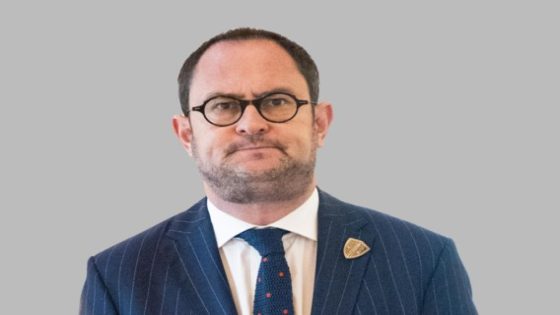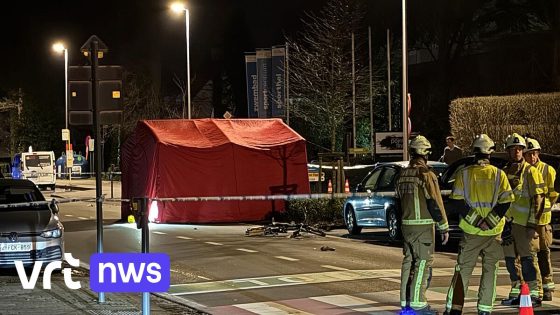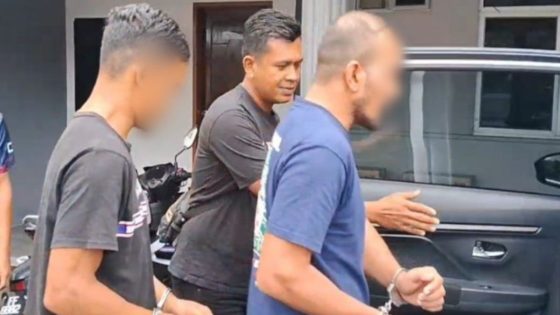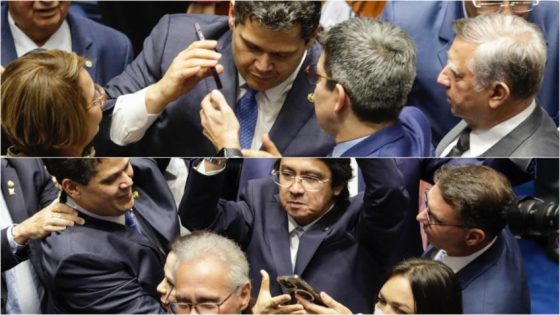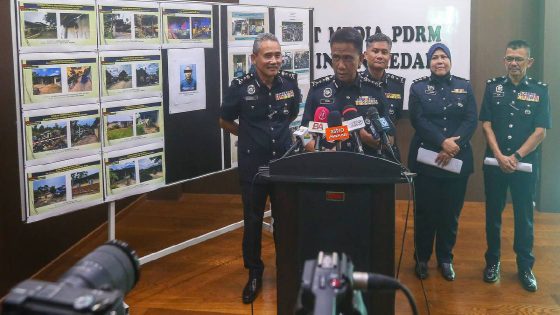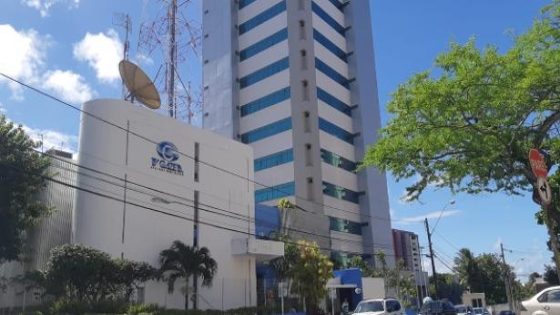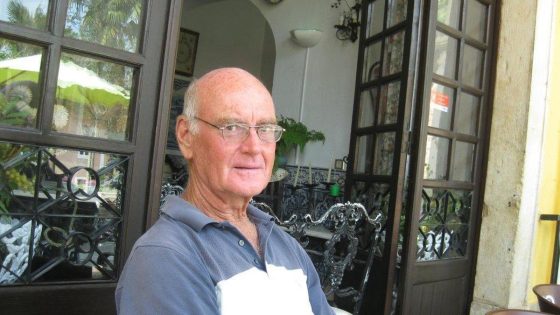West-Vlaamse Kamerleden are expressing their frustration over the lack of representation in the Bart De Wever government. On February 4, 2025, Vincent Van Quickenborne, a member of Open VLD, criticized the N-VA’s perceived neglect of West Flanders. Why is this region feeling sidelined in national politics?
- Vincent Van Quickenborne criticizes N-VA's neglect.
- West-Vlaamse representation lacking in De Wever's government.
- Nathalie Muylle highlights recognition of mughelikopter.
- Opposition questions exclusion of Maaike De Vreese.
- Vlaams Belang demands geographical equality in governance.
Why Are West-Flemish Politicians Upset About Their Representation?
The discontent among West-Vlaamse Kamerleden raises an important question: How can a government effectively serve its people without proper representation? The absence of key figures from West Flanders in the current administration has sparked outrage among local politicians who feel marginalized.
The Impact of Underrepresentation on Local Politics
This ongoing issue emphasizes how essential it is for all regions to have a voice in government decisions. When certain areas feel ignored, it can lead to wider discontent and disengagement from political processes. Here are some key points regarding this situation:
- Frustration over perceived neglect by major parties.
- A call for equitable geographic representation within government.
- The potential fallout from ignoring regional concerns.
- Comparisons to underrepresented communities globally.
The Voices Behind the Discontent: Who’s Speaking Up?
Vincent Van Quickenborne and other leaders from West Flanders have voiced their grievances openly. They argue that decisions made without local input can lead to policies that do not reflect the needs or desires of their constituents. For instance, they highlight how a prominent figure like Maaike De Vreese was overlooked for ministerial roles despite her qualifications.
The Call for Change: What Do They Want?
The demand for change is clear among these politicians. They seek greater involvement in decision-making processes and urge the ruling party to acknowledge their contributions and needs more seriously. This reflects broader themes seen across various democracies where regional voices struggle against centralized power dynamics.
The Future Outlook: Can Representation Improve?
If these frustrations continue unaddressed, what might be next for West Flanders? Local leaders emphasize that they will persistently advocate for their region’s interests within the national conversation. It remains crucial for them to engage actively with ministers and ensure that West Flemish issues remain at the forefront of discussions moving forward.



